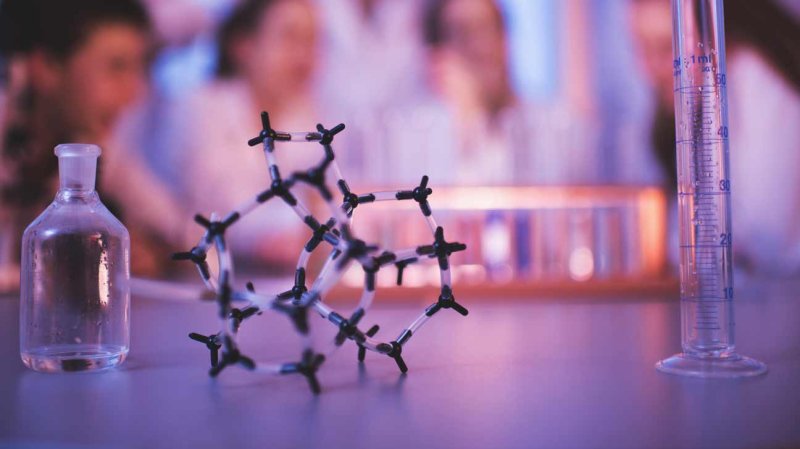With recent innovations in gene editing, it may seem as if the field of synthetic biology is just starting to make strides into science-fiction territory. But for several decades, scientists have been cultivating ways to create novel forms of life with basic biochemical components and properties far removed from anything found in nature. In particular, they’re working to expand the number of amino acids — the building blocks of the proteins that perform the cell’s functions — in life’s stockpile.
…
With more amino acids, it becomes possible to synthesize artificial proteins that could in principle serve as drugs or industrial enzymes that act more efficiently, effectively and precisely.
…
A research team at the Scripps Research Institute in California has now brought us closest to achieving these aims by designing bacterial cells that can replicate, transcribe and translate an artificial DNA base pair…
The work, published in Nature, represents one of several ongoing efforts to increase the number of amino acids that DNA encodes. Take any organism on earth, and its DNA and RNA have four nucleotide bases, or letters (usually abbreviated as A, T, C and G in DNA; in RNA, another base, U, takes the place of T). Those letters constitute an alphabet that ultimately spells out how to make proteins. But for that to happen, the cell first has to read and translate that alphabet, using a set of rules — the genetic code — to decipher its meaning.
Read full, original post: Is a Bigger Genetic Code Better? Get Ready to Find Out































